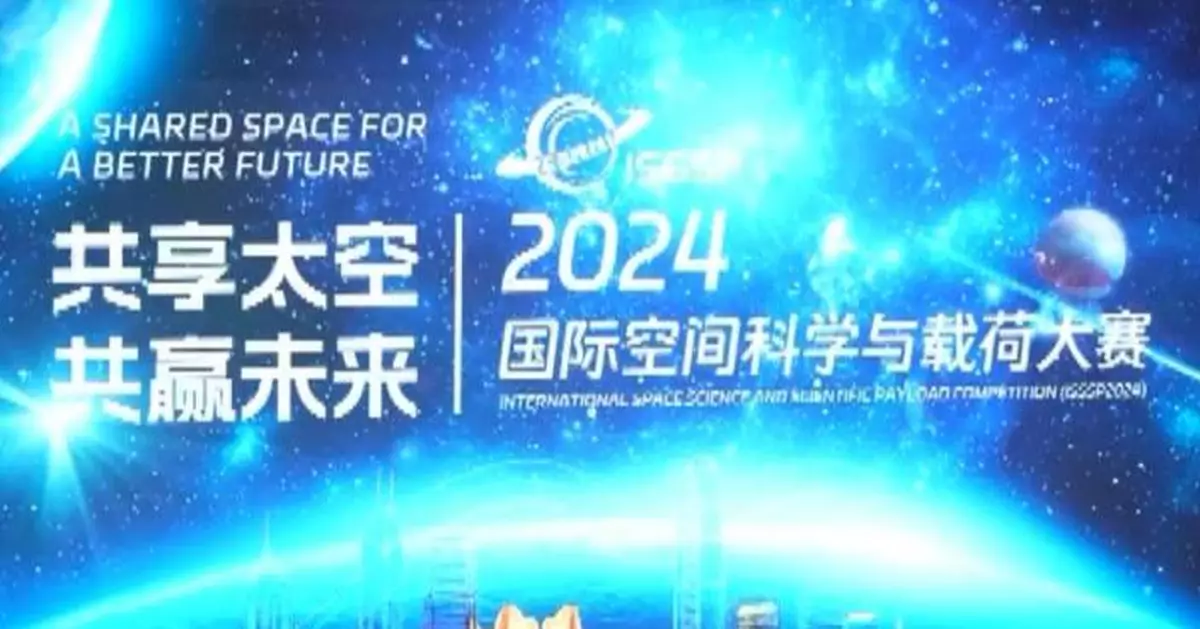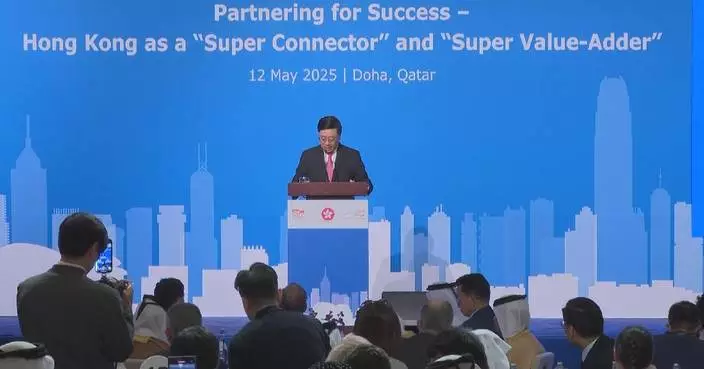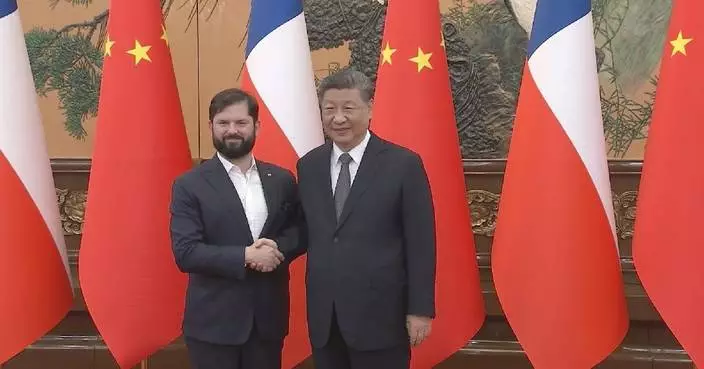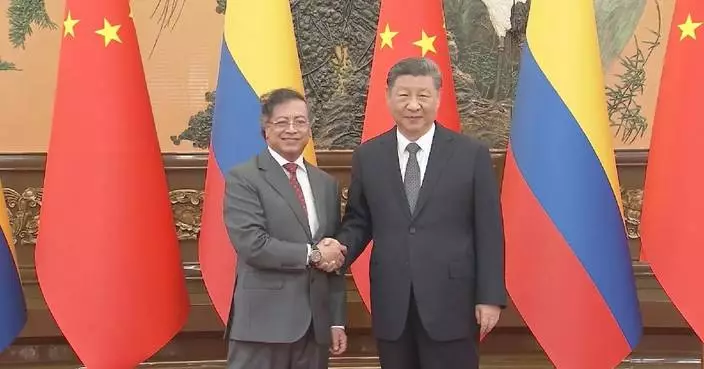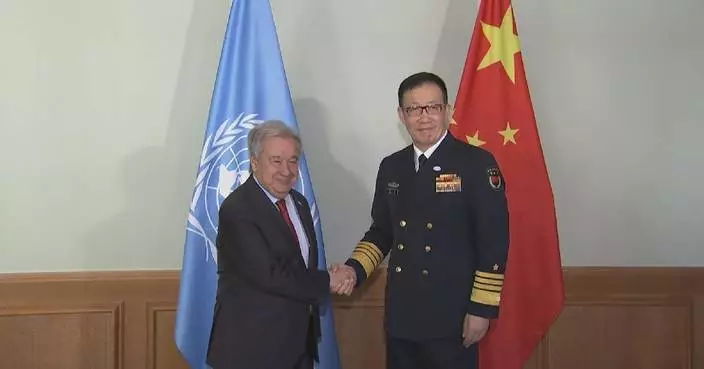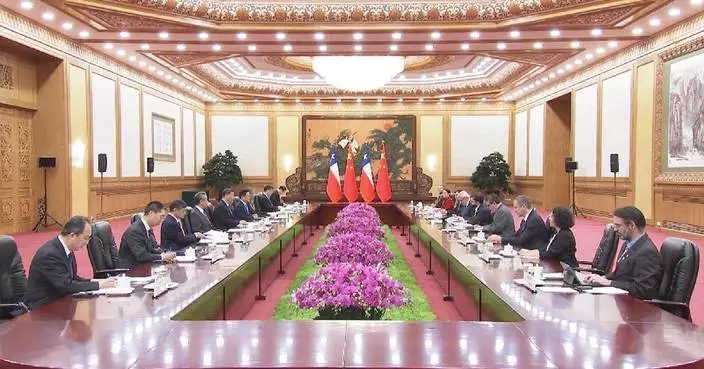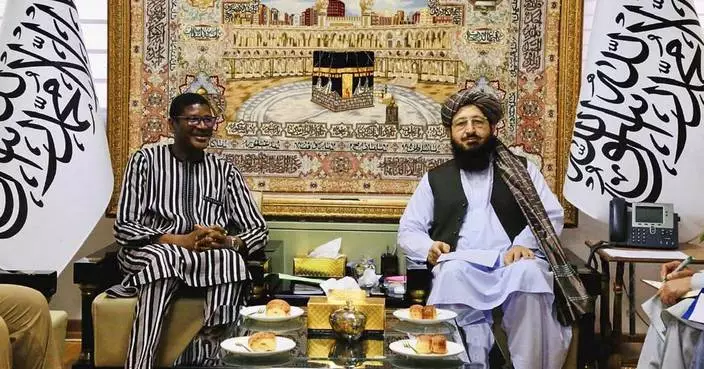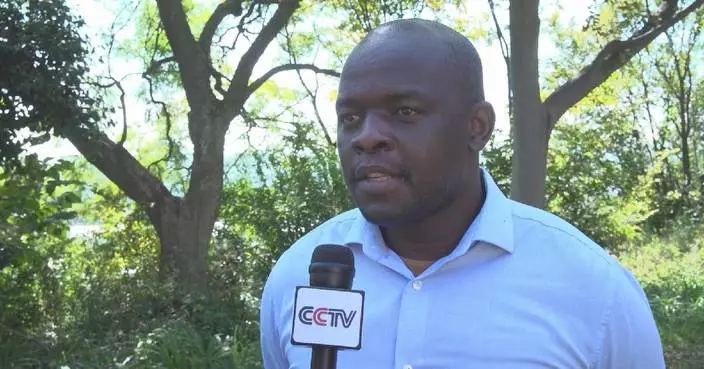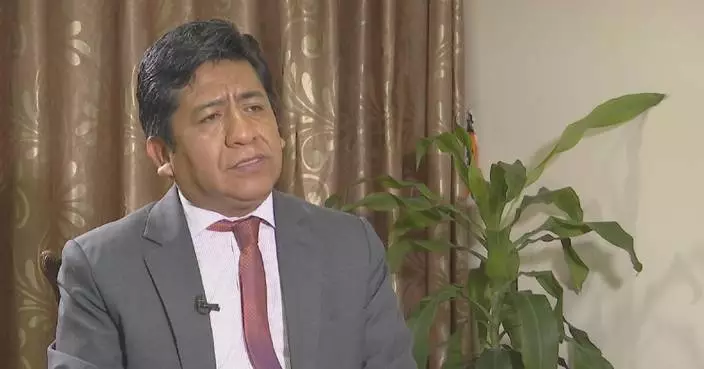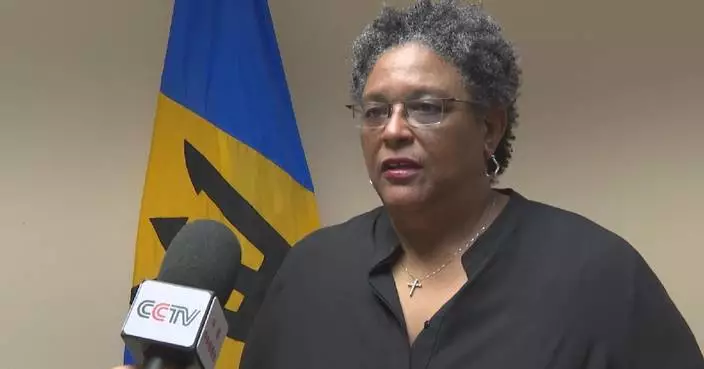Advanced payload designs and international cooperation will drive the future of space science, according to experts at the opening ceremony of the 2024 International Space Science and Scientific Payload Competition on Monday.
This year's competition was jointly organized by the Chinese Society of Astronautics, the Beijing Institute of Technology, the International Academy of Astronautics, and the Chinese University of Hong Kong.
The competition attracted nearly 200 teams from more than 50 countries and regions, with over 1,000 participants in total. Of these, 30 teams from 10 countries and regions advanced to the final, which was held on Monday in China's Hong Kong Special Administrative Region.
During the opening ceremony, a special round-table discussion was held to let experts exchange insights on payload development.
Niu Aimin, vice president for International Cooperation at USPACE Technology Group Limited, and Xu Yansong, director general of the Education and Training Department at the Asia-Pacific Space Cooperation Organization, shared their thoughts and expectations for the future of payload design during the talks.
"I would be very excited to see some interesting payloads to be developed which can be easily adapted to the complexity of the planet, which should look like a hedgehog and something like a ball with legs which can be easily retractable," said Niu.
"I have two in my mind, one of them is the hard X-ray observatory that we're planning to launch for astrophysics and observatory purposes. And another one is the lunar missions on the south pole that we can find lunar volatiles in the future to pave the way for us to go far beyond the moon. So we understand that we are studying the possibility of deposit of water to better understand the formation of the moon and to also use that as a steppingstone for future missions," said Xu.
Olivier Contant, executive director and Academician at the International Academy of Astronautics, highlighted the importance of payloads with smaller form factors, faster speeds, and higher resolution to enhance satellite capabilities.
"Developing payloads for satellites, the smaller, the fastest and we can have very high resolution. So including the resolution, this kind of satellite will be also something probably very innovating, and you have a lot of work in front of you to all try to figure out all these," said Contant.
Xu and Contant also emphasized the importance of international cooperation, citing the successful launch of China's Chang'e-6 lunar mission as a prime example of what can be achieved through collaboration between nations.
"Competition makes the pace faster, but cooperation may make us go further. Because we need to have a collaborative effort of all international communities to play together. We do have a successful cooperation on the Chang'e-4 and Chang'e-6, putting a number of instruments on board the lunar surface and also on orbiting missions. I think also there is also a share of samples that has returned from the Chang'e-6 [from the] far side of the moon is also a very exciting part. I think the key word is to share and to work together," Xu said.
"I was very glad to see the launch of Chang'e-6 thanks to the CNSA (China National Satellite Administration) and I was with a lot of teams from France, from different countries all participating and assisting the launch, and all put great payloads on this mission. And it's beautiful to see, and I think there should be more interviews, we should convey more information. And the academy has conveyed this information and will continue so far as transferring this international cooperation," said Contant.
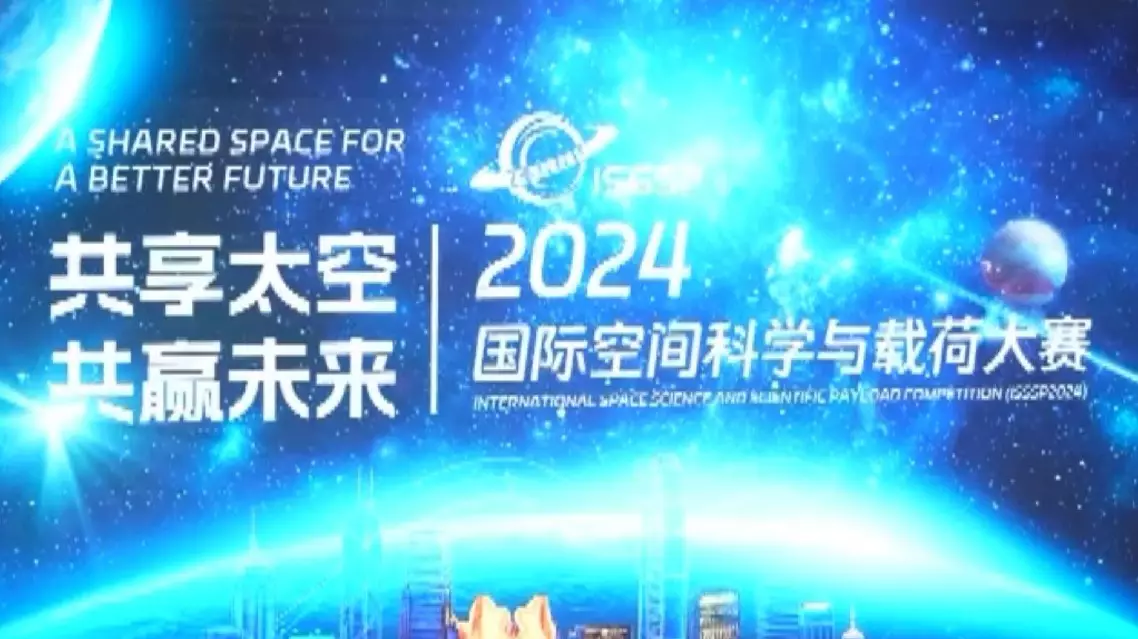
Global partnerships to foster advancement of space probe payloads: experts


